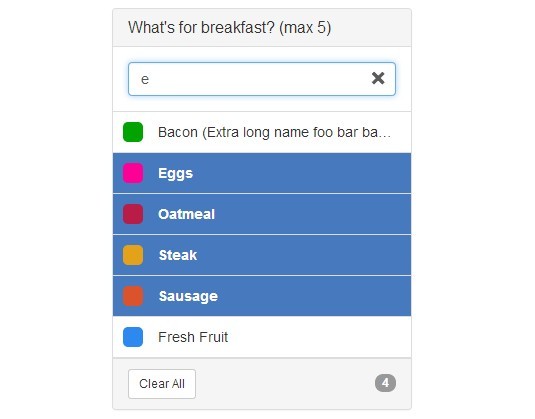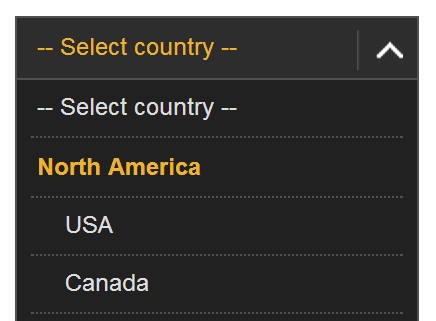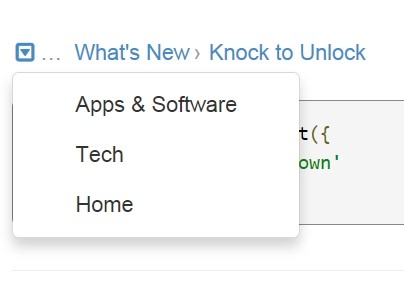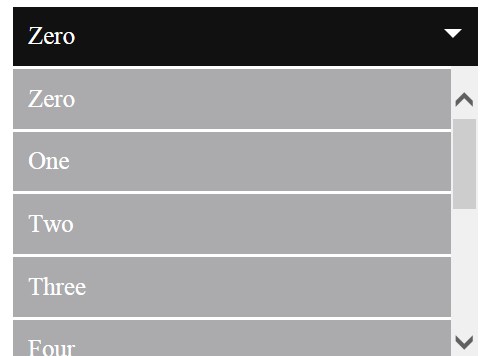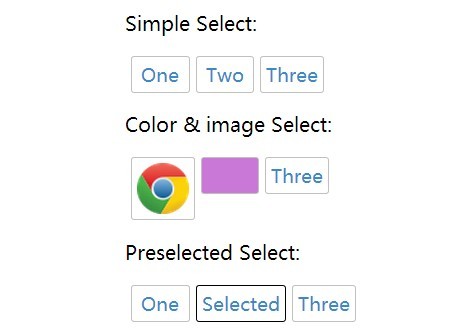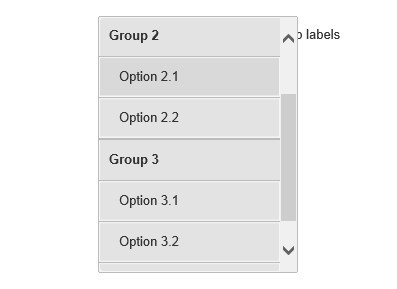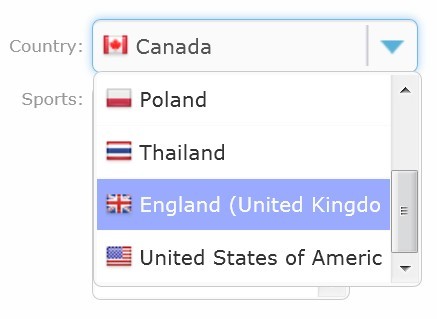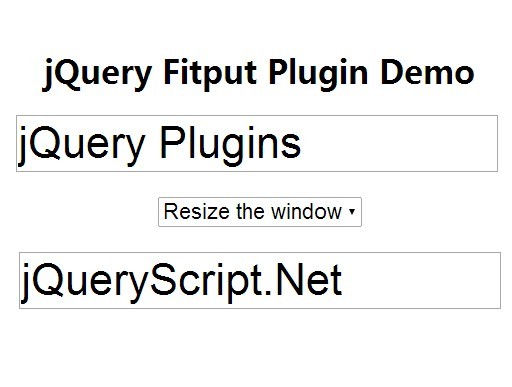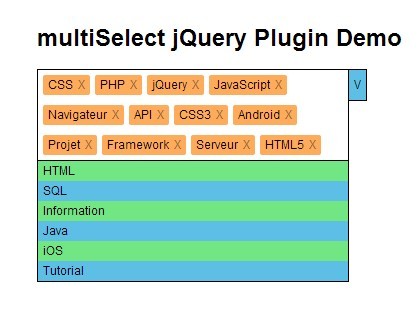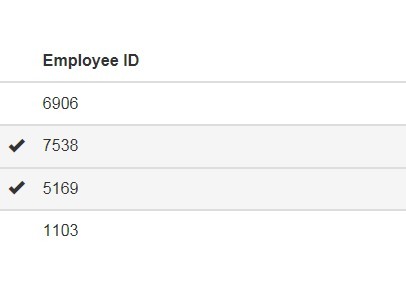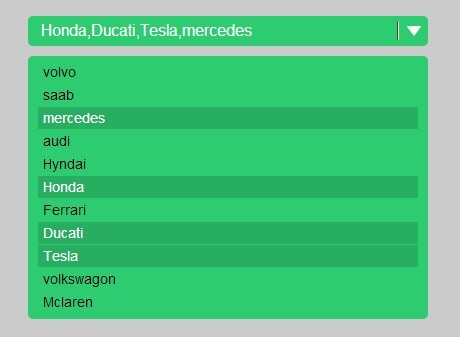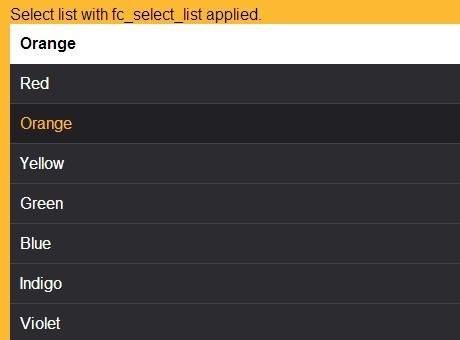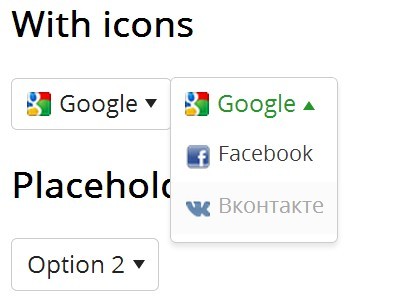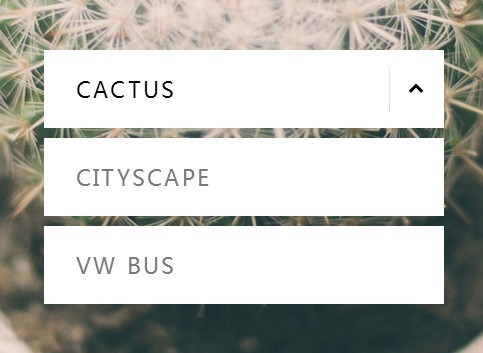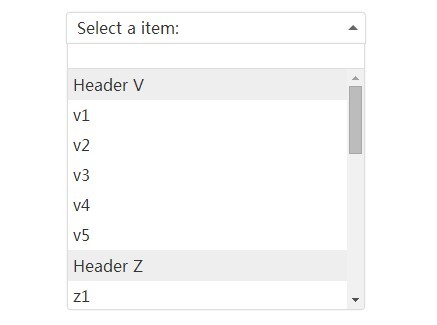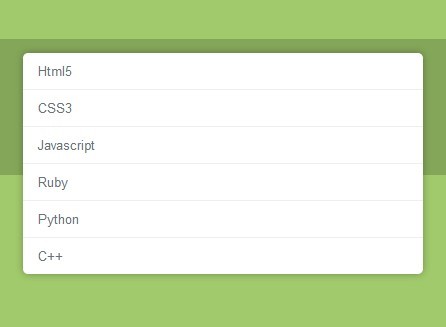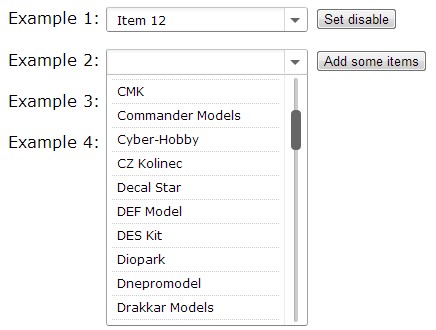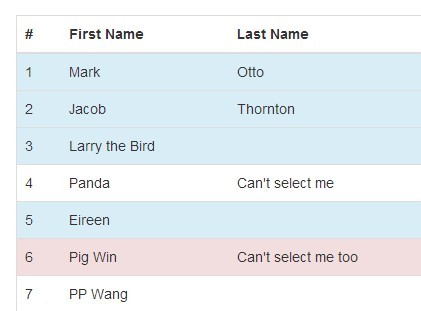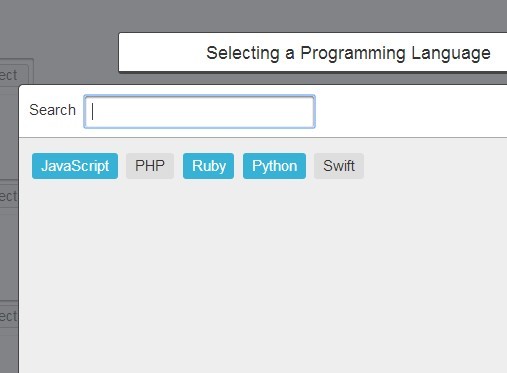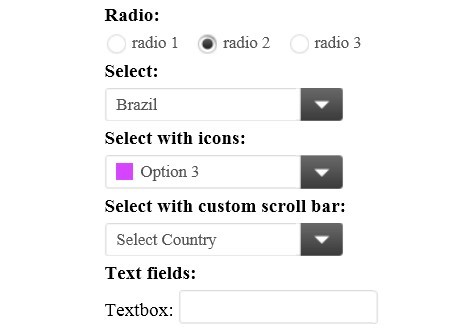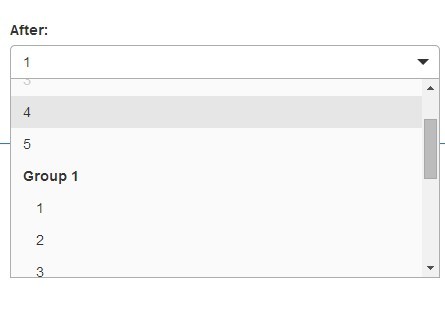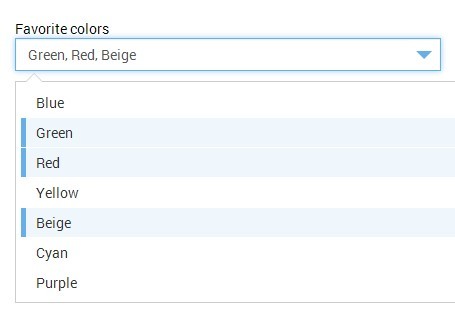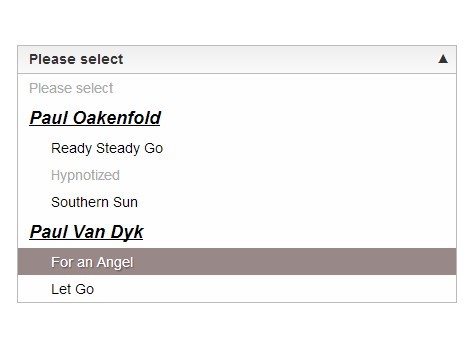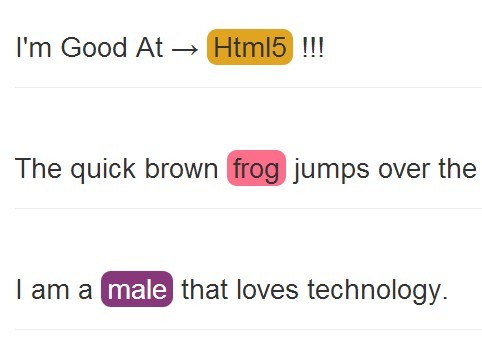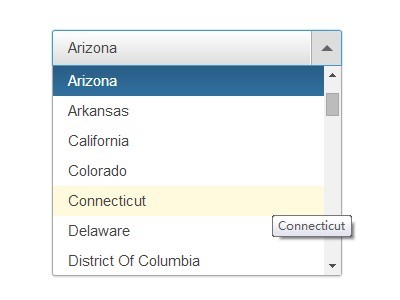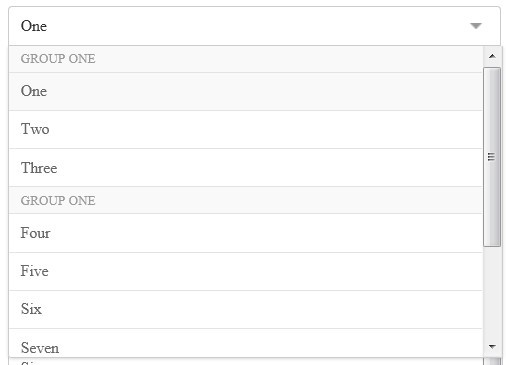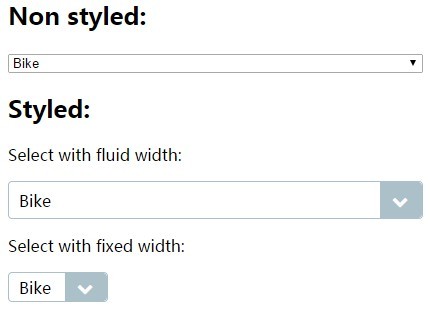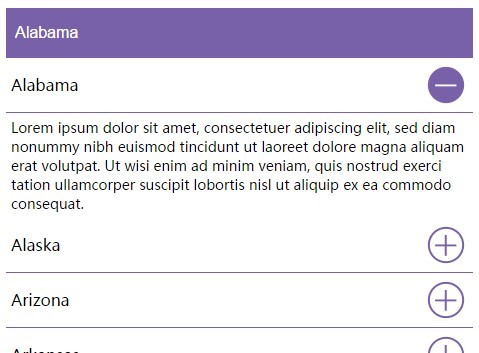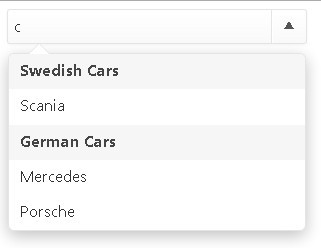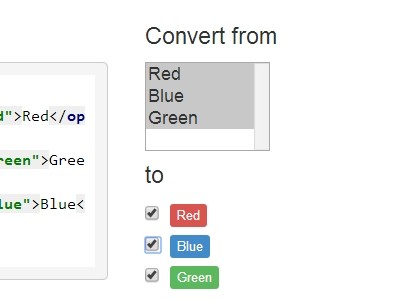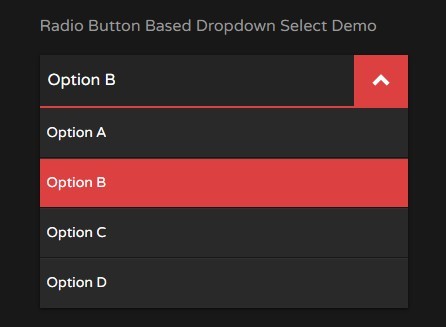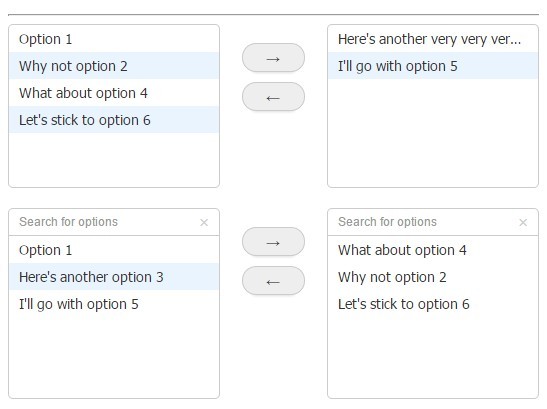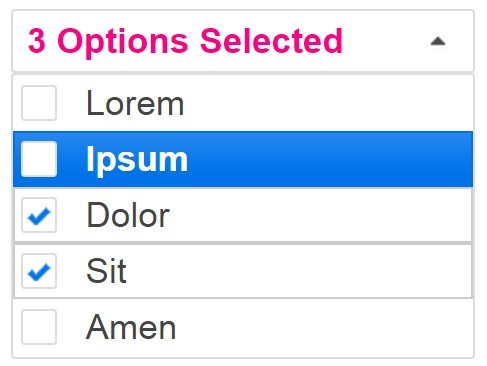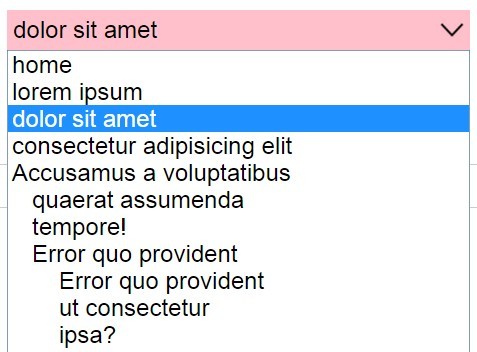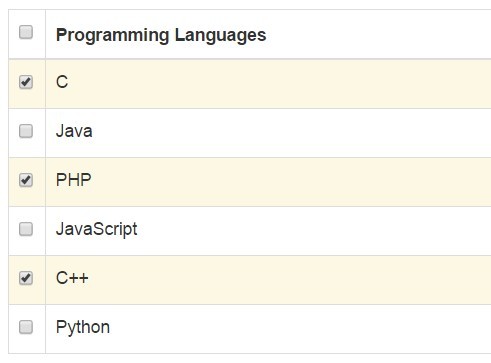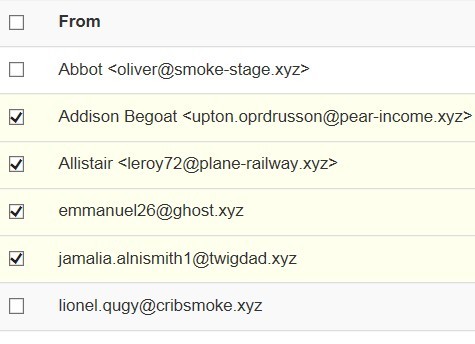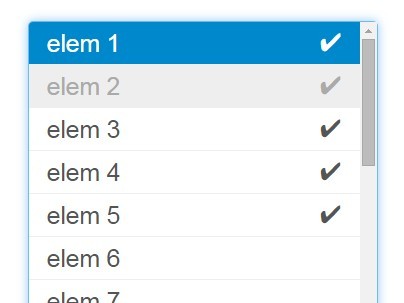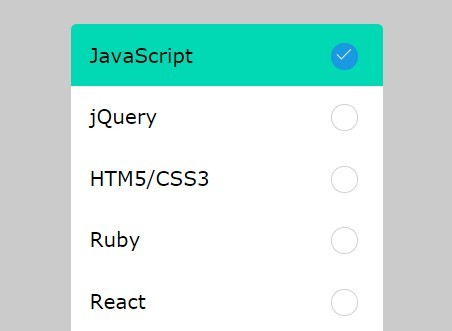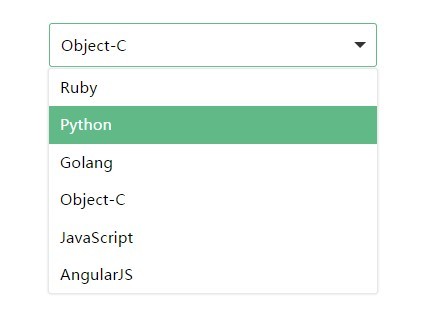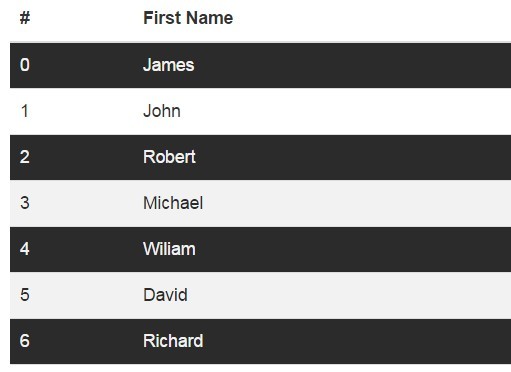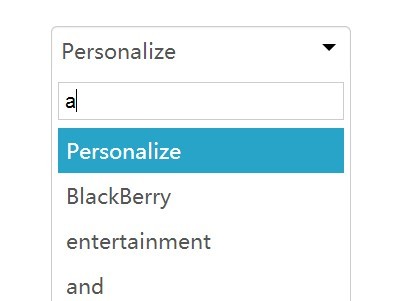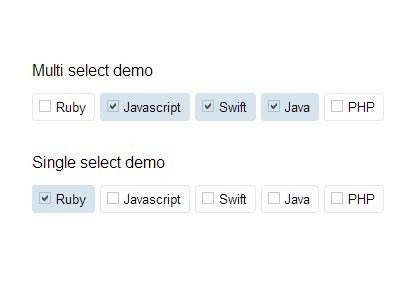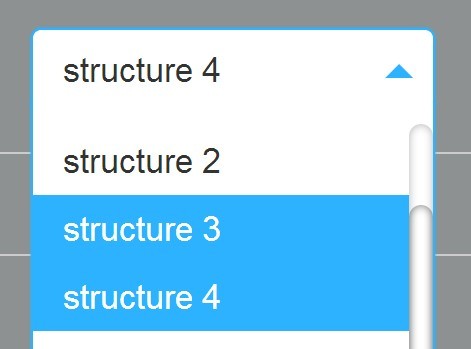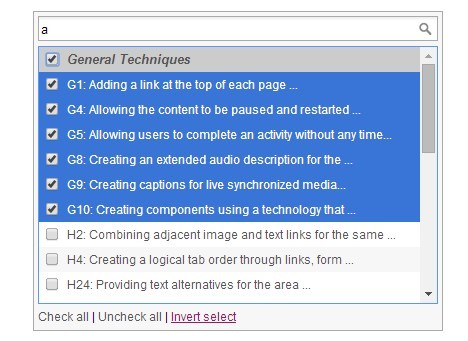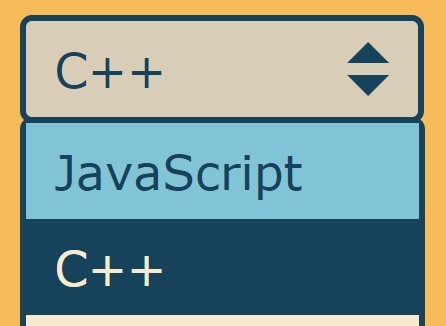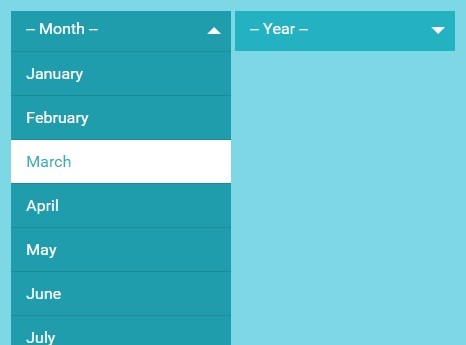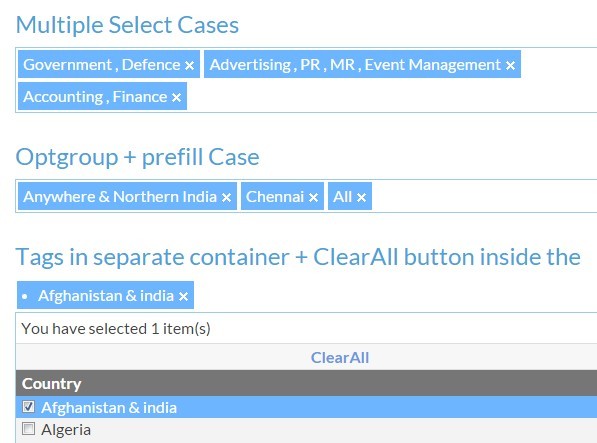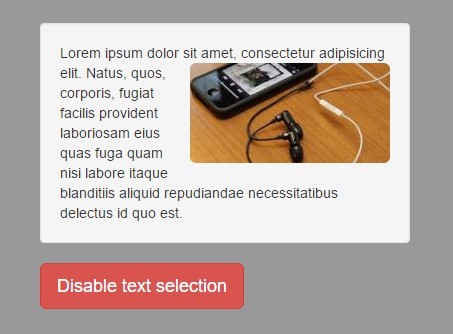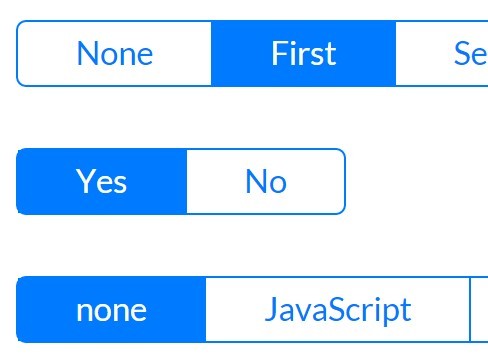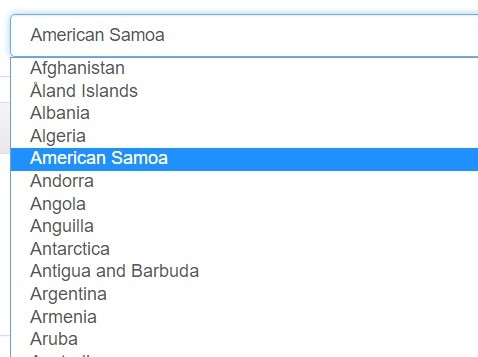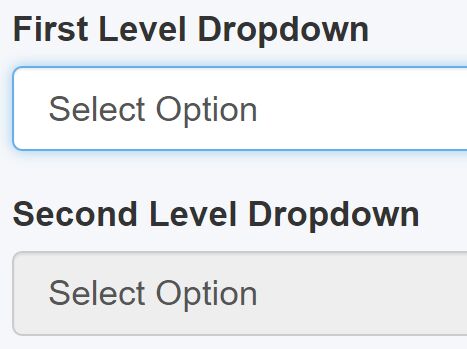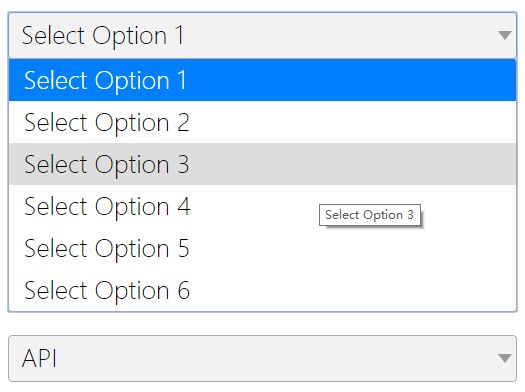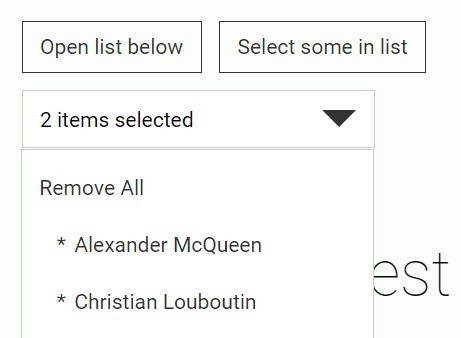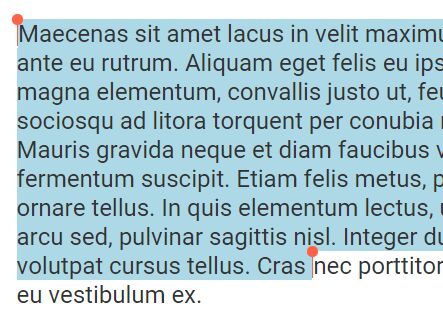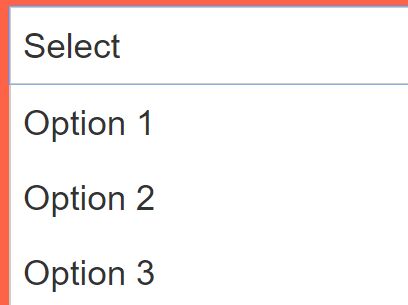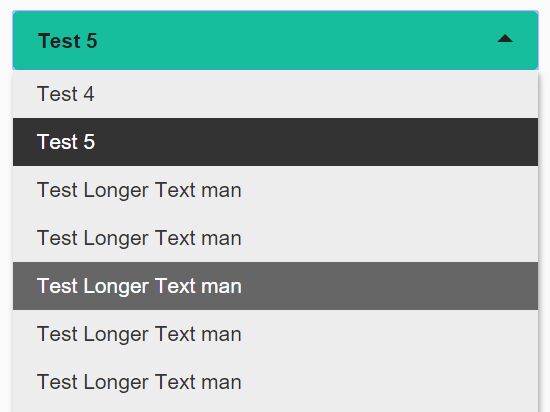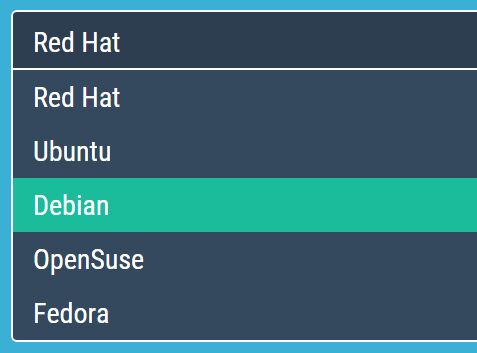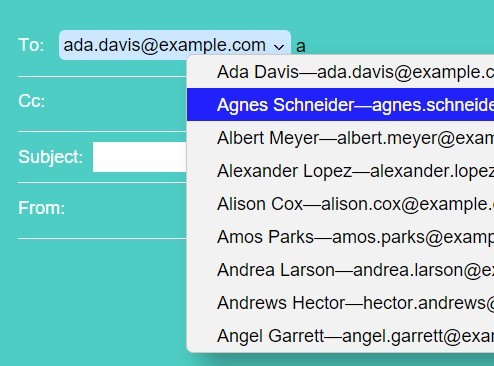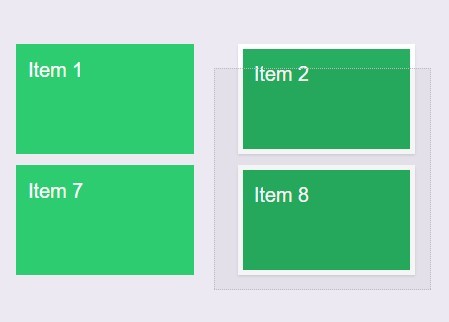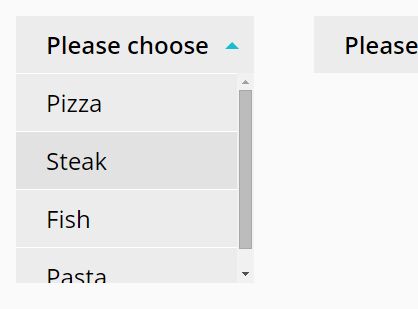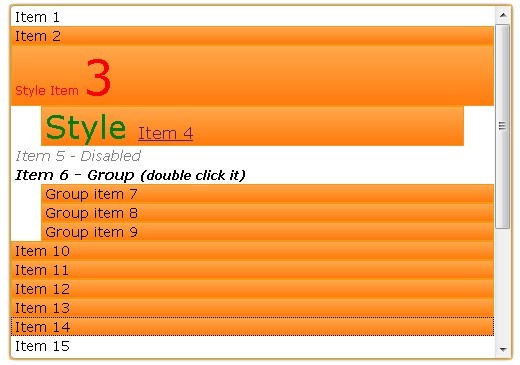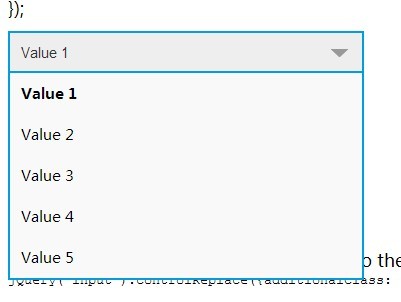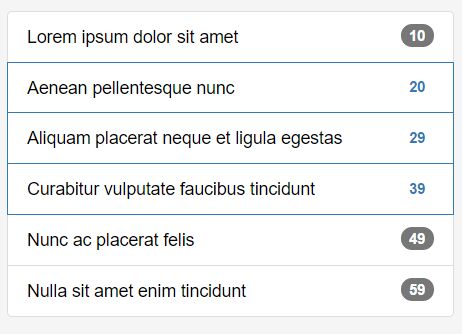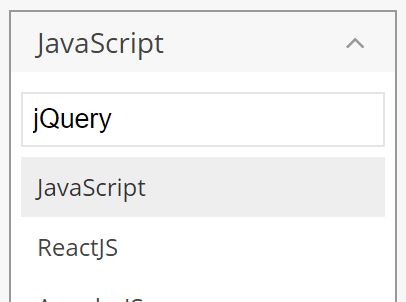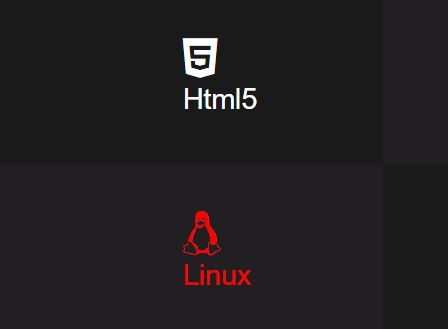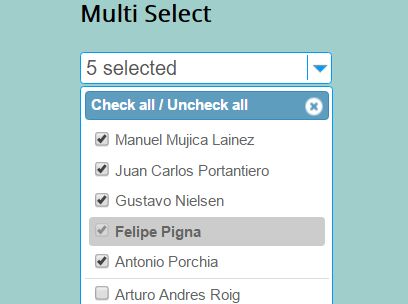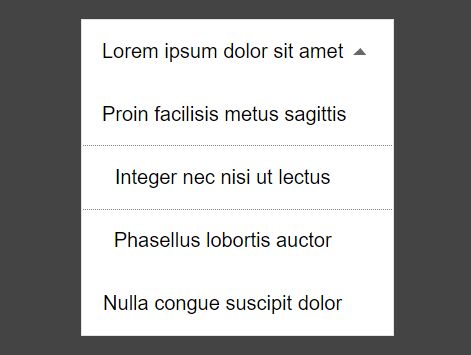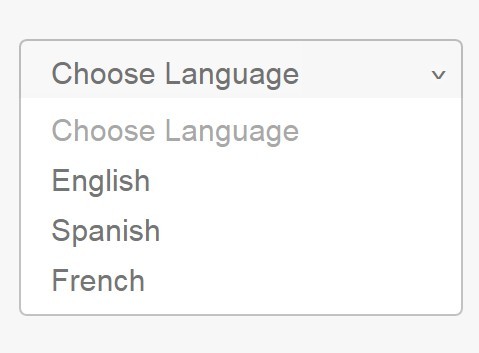NOTE: This package is unmaintained, but I'll do my best to tend to any PRs that are submitted. Why? I've found it much easier to implement the same thing natively with whichever framework/library I'm using (Knockout, Angular, etc.).
Selectr
Selectr is a jQuery plugin that aims to accomplish a seemingly simple task: make a select box that doesn't suck.
It currently supports ctrl+click, search, color-coding, and selection limiting (multi-selects). In modern browsers (Chrome, Safari, FF, IE11), selectr ensures your source element's options and itself remain in sync. If you require this behavior (e.g. because you're using a data-binding framework of some sort) in legacy IE, see Legacy Browser Caveats below.
It is built using Bootstrap components, and is written in CoffeeScript and SCSS; if your project is not using Bootstrap, you should use selectrWithPolyfill.css -- which includes all of selectr's styles along with the relevant Bootstrap styles (scoped to avoid conflicting with existing styles, of course) -- or write your own styles.
Selectr was heavily inspired by select2 and the label/assignee/milestone dropdowns in Github's issue tracker.
Installation
Selectr can be consumed as a CommonJS module, AMD module, or global var. It is built with webpack and uses the style loader, so you do not need to worry about including a stylesheet.
NOTE: CommonJS and AMD modules still merely extend jQuery, so this will not work
var selectr = require('selectr') selectr('#my-selectr')you must instead use the following
require('selectr') $ = require('jquery') $.selectr('#my-selectr')NPM / Bower
npm install selectr
bower install selectr
Usage
To use selectr, simply fire it using jQuery
$('select').selectr()Multi selects
To make selectr a multi select, simply use the multiple attribute on your select element as you would with regular HTML.
<select name="foo" multiple>Color coding
Selectr supports color coding of options by setting the data-selectr-color attribute on the option. Any valid CSS color is supported, i.e. hex, rgba(a), hsl(a).
Ex.
<option data-selectr-color="rgb(255, 255, 255)" value="foo">Foo</option>Options and defaults
title: 'Select Options' noMatchingOptionsText: 'No options found' placeholder: 'Search' resetText: 'Clear All' width: '300px' maxListHeight: '250px' tooltipBreakpoint: 25 # min length of option name to show tooltip on maxSelection: Infinity panelStyle: 'default' alwaysShowFooter: falseTo pass options to selectr, you may use an HTML5 data-* attribute, or an options object passed to the initialization function.
Using HTML5 data attributes
<select name="foo" data-selectr-opts='{ "title": "Foo Bar", "placeholder": "Bax Qux", "maxSelection": 5, ... }' multiple>NOTE: Attribute must be valid JSON; that means quoted keys as well as values. This is to avoid using eval().
But wait! I need quotes/apostrophes in my title! Easy fix. Use the ASCII code, i.e. instead of ' use ' and instead of " use ".
Using an options object
$('select').selectr({ title: 'Foo Bar', placeholder: 'Baz Qux', ... });NOTE: Order of precedence
HTML5 data attributes take precedence over the options object. This allows you to pass certain parameters that should apply to most/all selectr instances, and "fill in the blanks" or override those options with the data-selectr-opts attribute. See demo file for an example.
Compatiblity
Requires jQuery 1.8.3+
Tested in the following browsers:
- Chrome
- Firefox
- IE 8+*
*Legacy Browser (IE8-10) caveats
selectr uses MutationObservers to update the list of options, which are unsupported by older browsers. Instead of hacking together a buggy solution, I've opted to require that, in order to sync the options list in older browsers, a change event be manually fired on the source select element when the options change.
